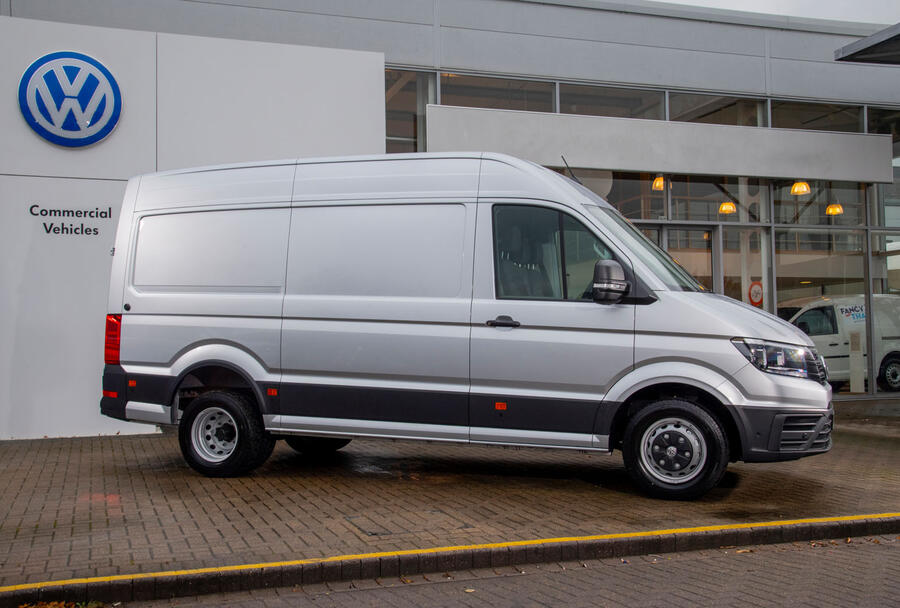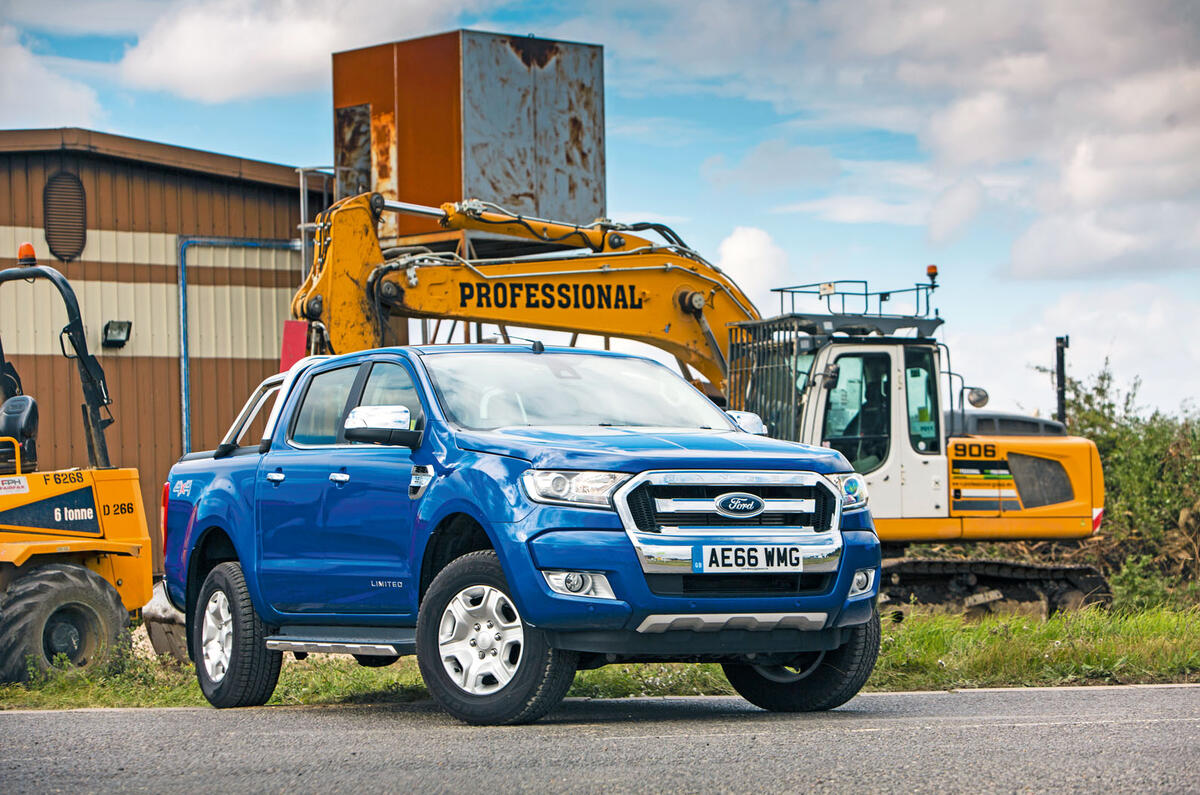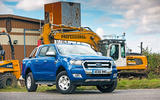A bloke who sold vans once told me that it was a much nicer gig than selling cars.
The trouble with cars, he said, was that when somebody came into the showroom to buy one, they were probably going to spend their own money, which meant they took negotiations personally.
There’s no great surprise or shame in that, given a car is the second most expensive thing most of us buy and the first most expensive thing that sees us dealing with a big, bad, faceless conglomerate who we fear is out to get us, rather than dealing with a home owner in a similar situation to ourselves. People do not like buying cars for this reason.
Buying vans, though, according to my dealer interviewee, was more relaxed. There he was, the anonymous face of a corporation with a minimum number in mind, meeting the anonymous face of another corporation with a maximum number in mind, and they’d chat until they found a mutually satisfactory number. If they couldn’t, they shook hands and moved on.
He found it much more agreeable. And I suspect that during the past decade, it has also been much more profitable. I know that Ford and Peugeot – and I suspect this of several other car companies, too – make more profit from actually selling commercial vehicles to companies than failing to sell you and me hatchbacks.

It’s something that’s made even easier by the fact that more and more of us want vans and pick-up trucks. Since the 2008 financial crash, we’re buying more of them, while car sales – save for fancy, expensive ones – are less buoyant. The logical conclusion, then, is that there are those among us who used to drive cars who are now driving vans.
That, one industry insider told me last week, is because more of us are working for ourselves, because there’s an upsurge in home delivery shopping, or because we’re working for ourselves delivering home delivery shopping. Whatever, with more zero-hours contracts and more self-employment, we are becoming more independent of, and doing more sticking it to, our former bosses.










Join the debate
Add your comment
Haha!!!
Very close to spot on, Matt!
What Matt?!
Well, that was a read?, wasn’t it?, it sounds like someone finding life at the moment a bit stressful, look at it this way, what’s the most popular firm of personal transport these days?, it isn’t a Car, it’s an SUV or other large vehicle, Utes, not a word I know, but we bought into them because we told it was thee thing to be seen driving.
Bought into them because for
Bought into them because for a while (no longer), there were significant tax savings in the workplace to be had. Perhaps a flat rate of £500 tax bill for most pick-ups, rather than more for regular vehicles?. TBC.
Trolling
Cavellini,
Why do you insist on sharing your staggeringly inane comments with all of us. I don't ask that as a question requiring an answer because I suspect we already know what it is. Just find somewhere else to play and something else to play with.
I'm intrigued to know if
After many thousands of posts, I am still at a loss as to what sort of character he might be.
Best guess - he is incarcerated somewhere like Rampton and this is his only communication with the outside world.